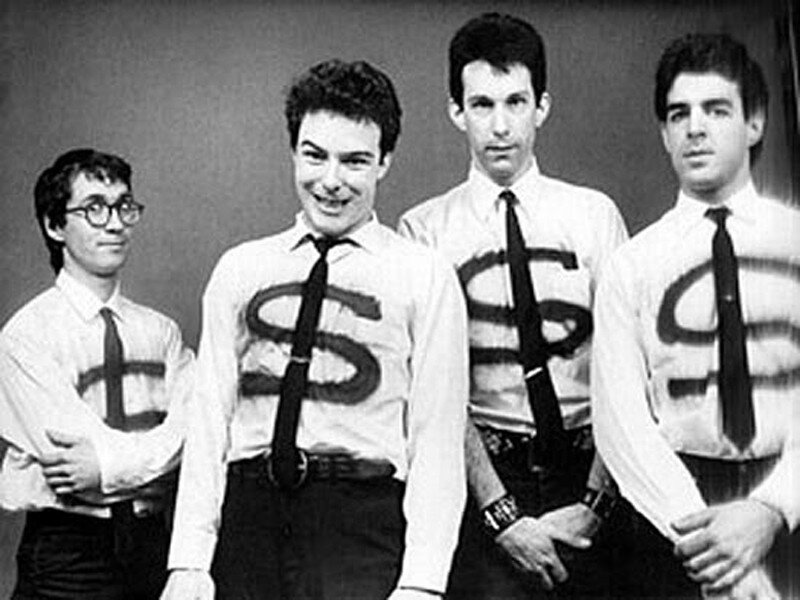Word of the week: It’s a rare, slang noun that could easily describe the speeches of several prominent politicians – meaningless activity just for show, deceptive nonsense and bluff. But how might it show up in song lyrics?
Read moreWord of the week: ackamarakus
Johnson and Trump. Both deal heavily in ackamarakus, not always with success




















